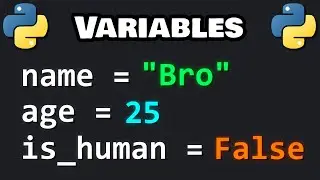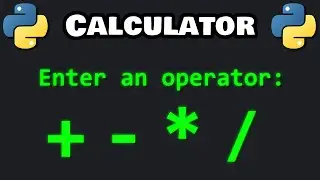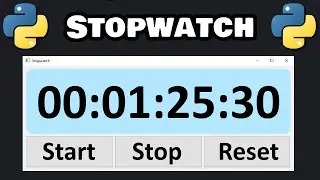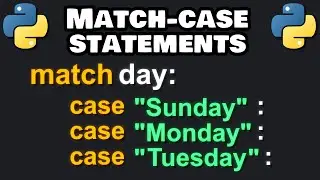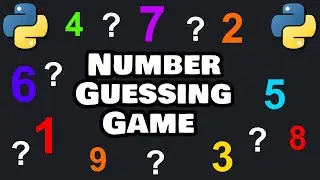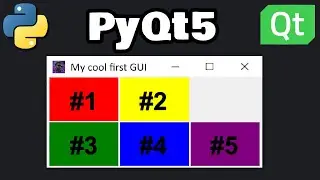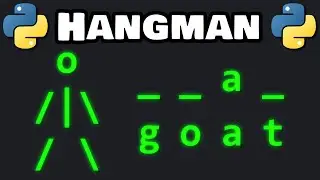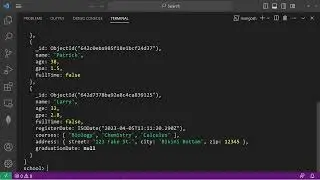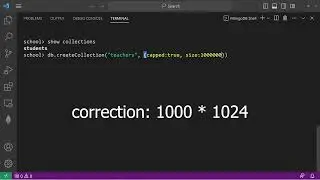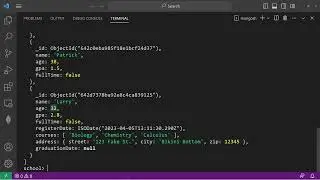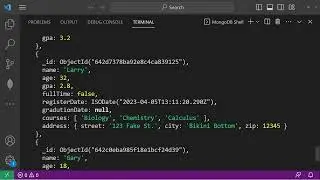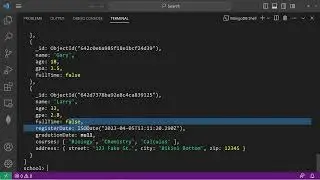Learn Python MATCH-CASE STATEMENTS in 5 minutes! 📆
A match statement takes an expression and compares its value to successive patterns given as one or more case blocks. Specifically, pattern matching operates by:
1. using data with type and shape (the subject)
2. evaluating the subject in the match statement
3. comparing the subject with each pattern in a case statement from top to bottom until a match is confirmed.
4. executing the action associated with the pattern of the confirmed match
If an exact match is not confirmed, the last case, a wildcard _, if provided, will be used as the matching case. If an exact match is not confirmed and a wildcard case does not exist, the entire match block is a no-op.
Match-case statement (switch): An alternative to using many 'elif' statements
Execute some code if a value matches a 'case'
Benefits: cleaner and syntax is more readable
def is_weekend(day):
match day:
case "Saturday" | "Sunday":
return True
case "Monday" | "Tuesday" | "Wednesday" | "Thursday" | "Friday":
return False
case _:
return False
print(is_weekend("Monday"))










